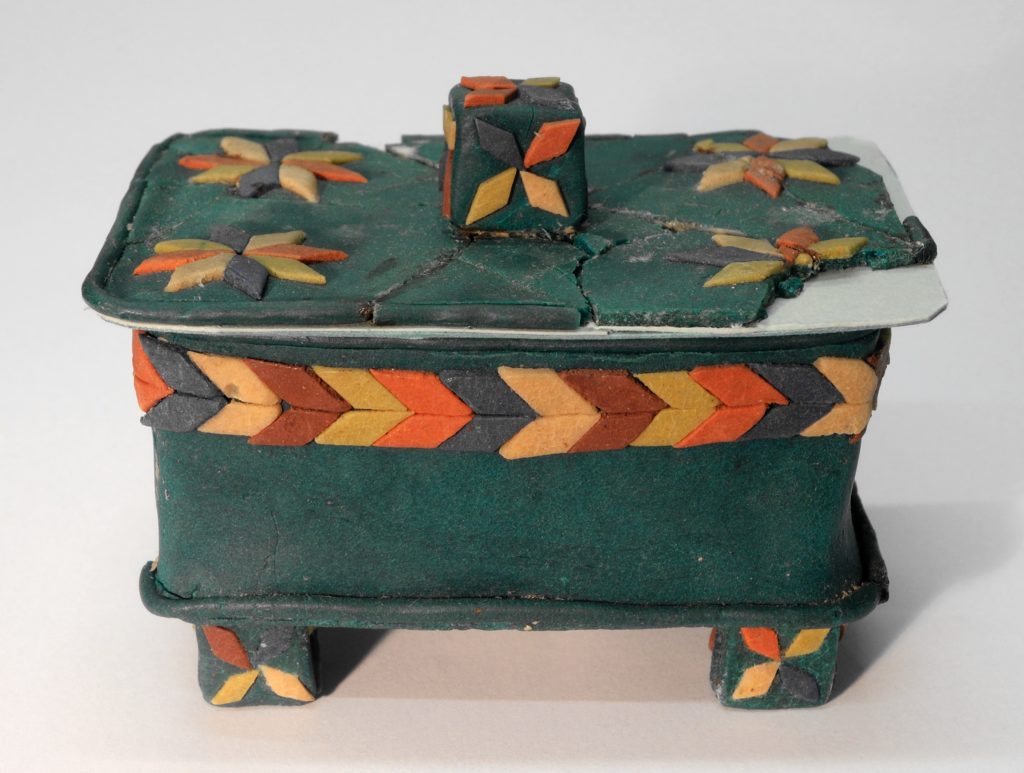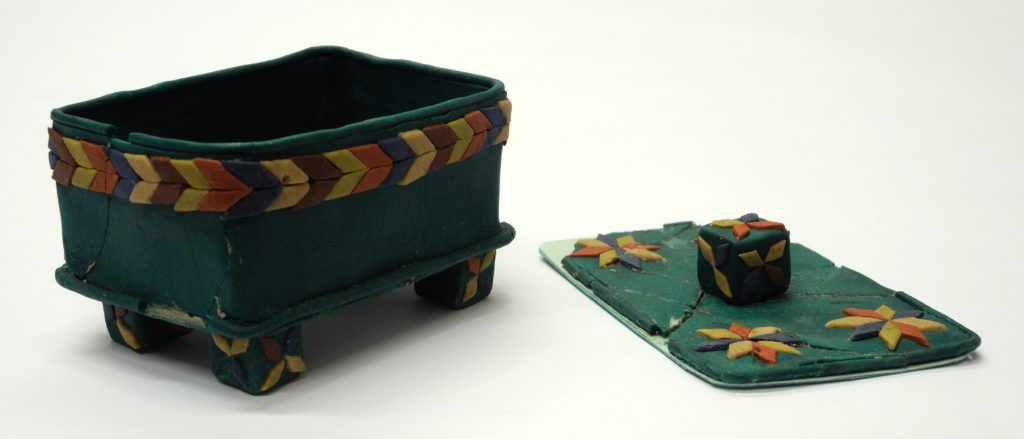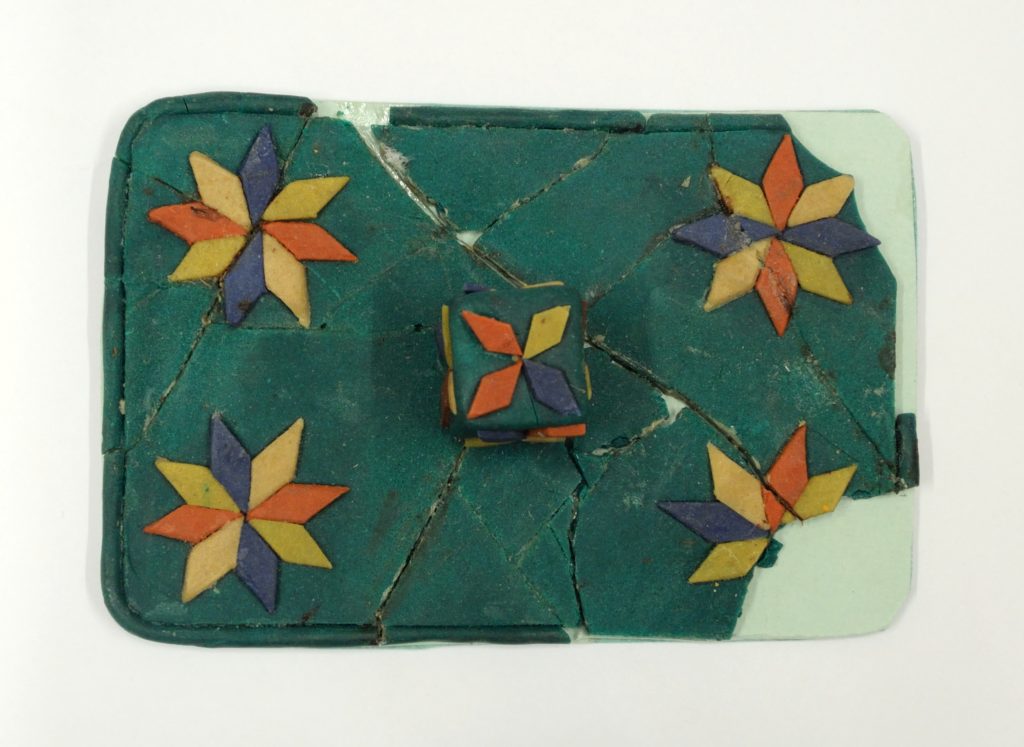From the Collections of the Terezín Memorial
Milena Jesenská was born to her mother Milena, née Hejzlarová, and father Jan Jesenský in Prague on August 10, 1896.
She attended the Minerva high school for girls and after graduation she followed her father´s wish and began studying medicine at Charles University. But a year later she switched from the Faculty of Medicine to the Conservatoire, which she also left shortly afterwards.
At the age of 20, she befriended Jewish literary critic Ernst Pollak, whom she married and with whom she left for Vienna in 1918. In an effort to solve her adverse financial situation Jesenská started giving private Czech-language lessons, translating and writing for newspapers.
A relatively well-known episode of her life is associated with Franz Kafka with whom she established close friendship in 1919. Even though they had only two face-to-face meetings, their private correspondence suggests more than mutual affection. In this particular case it is possible to speak of platonic love that lasted until 1923.
Shortly afterwards, Jesenská broke up with her husband, fled to Dresden, and after her return to Prague in 1927 she married again, this time Czech architect Jaromír Krejcar. A daughter was born to them one year later, Jana Černá (1928–1981) who was later known as a Czech writer. But even this marriage eventually broke up after several years.
By that time, Milena Jesenská was active in Prague´s literary community, making her mark primarily as a journalist. Apart from Peroutka´s magazine Přítomnost she contributed her articles to the dailies Tribuna, Národní listy, Lidové noviny, Pestrý týden and České slovo.
Just like many other intellectuals of her time she was also a member of the Communist Party. But she broke with the party in 1936 when she resolutely renounced Stalin´s show trials.
After the German occupation of the country in 1939 Jesenská joined the anti-Nazi resistance struggle, being involved in publishing the underground magazine V boj (To Fight) and co-organizing help to Jewish families wanting to emigrate. In November 1939 she was arrested and kept in the Pankrác Prison. She had been later acquitted for insufficient evidence against her by the People´s Court in Dresden, but was taken into protective custody after her transfer to Prague. She was deported to the Ravensbrück concentration camp in August 1940, working in the camp´s hospital (Krankenrevier). Due to harsh living conditions her health further deteriorated and she died of a serious illness on November 17, 1944.
In 1994 the memorial Yad Vashem awarded Milena Jesenská the title Righteous among Nations. In 1996 she received in memoriam the Order of T. G. Masaryk, second class. An international journalistic award also bears her name.
During her stay in the Pankrác Prison Milena Jesenská made out of bread a colored decorative box with lid. She gave this object to her fellow inmate who managed to smuggle it out of the prison, hidden in dirty linen. Even though the box had been made outside the Terezín repressive facility it was donated to the collections of the Terezín Memorial in 1979.
Michael Michner





